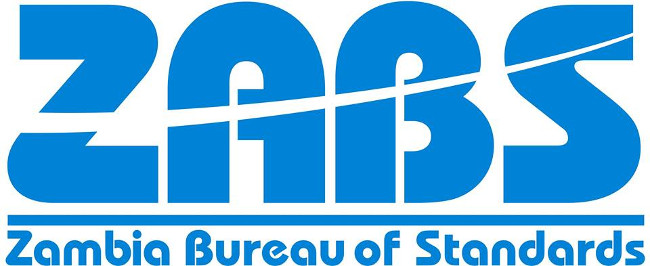Lusaka, Zambia – The Zambia Bureau of Standards (ZABS) has issued a critical warning on the health dangers posed by expired menstrual hygiene products, urging tighter oversight in distribution channels and greater awareness among consumers, especially young girls in schools.
Speaking at a Learning Event hosted by the NGO WASH Forum in Lusaka, ZABS Assistant Documentation and Information Officer Thandiwe Pasi highlighted growing concerns over improperly labeled and expired sanitary products that are circulating in Zambian communities, including school environments.
“These products may look new on the shelf, but many are either beyond their expiry date or lack vital information such as manufacture date, usage instructions, or proper labeling,” Pasi said. “Using expired sanitary pads or related products can lead to infections, skin irritation, and other health complications.”
ZABS emphasized the need for strict packaging and quality control of menstrual hygiene products entering the Zambian market. Many such items are either imported through informal trade routes or produced by unregulated suppliers with little oversight, exposing vulnerable users to considerable health risks.
Schools, particularly in rural and low-income areas, have become focal points in this crisis. Often relying on donor-supplied or subsidized sanitary packs, some institutions unknowingly distribute expired products, putting students’ health in jeopardy. Teachers and parents are rarely equipped with the knowledge or tools to detect substandard goods.
Recognizing this gap, Zambia NGO WASH Forum Coordinator Bubala Mumba called for more inclusive and youth-centered approaches to menstrual hygiene management. “It’s not just about access to pads it’s about dignity, education, and safety,” Mumba said. “We must involve girls directly in these conversations to make sure solutions are not only practical but protective.”
She further argued that the silence surrounding menstruation in schools contributes to poor awareness and limits the reporting of bad experiences related to product use. “Menstrual health remains a neglected issue in public health discourse. We need to change that narrative,” she urged.
The call for better oversight comes as Zambia joins global efforts to push for menstrual equity and hygiene rights. According to the World Bank, one in 10 girls in Sub-Saharan Africa misses school during their periods due to lack of menstrual supplies or inadequate sanitation infrastructure. In Zambia, the issue is compounded by poverty, stigma, and now, risks associated with expired or low-quality products.
To counter the problem, ZABS is encouraging procurement officers, school administrators, and even parents to verify labeling on menstrual products and avoid bulk purchases from unverified suppliers. The agency also plans to strengthen collaboration with the Zambia Medicines Regulatory Authority (ZAMRA) and the Ministry of General Education to improve standards enforcement in schools.
Meanwhile, calls are growing for the government to consider a national sanitary product subsidy program tied to certified vendors, which would reduce market entry for substandard brands while boosting local manufacturing capacity under regulatory scrutiny.



Expired again?
It was expired drugs, now sanitary products. Is the government and all its organs Expired? Why are they allowing these conditions putting the lives of citizens at risk?
Even used women underwear are sold on the streets as salaula and the agency does nothing…
Sanitary pads expire ????
Comments are closed.